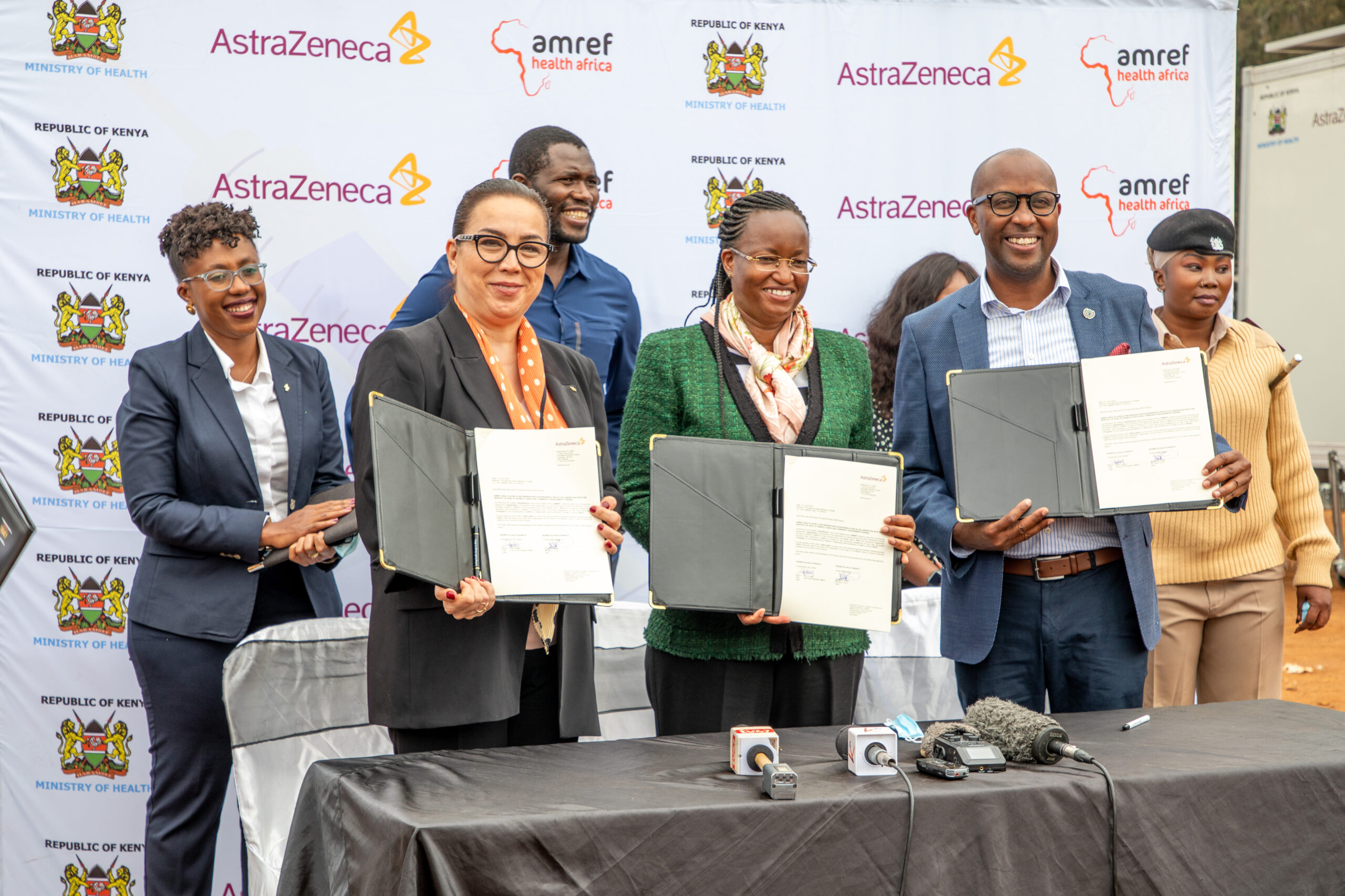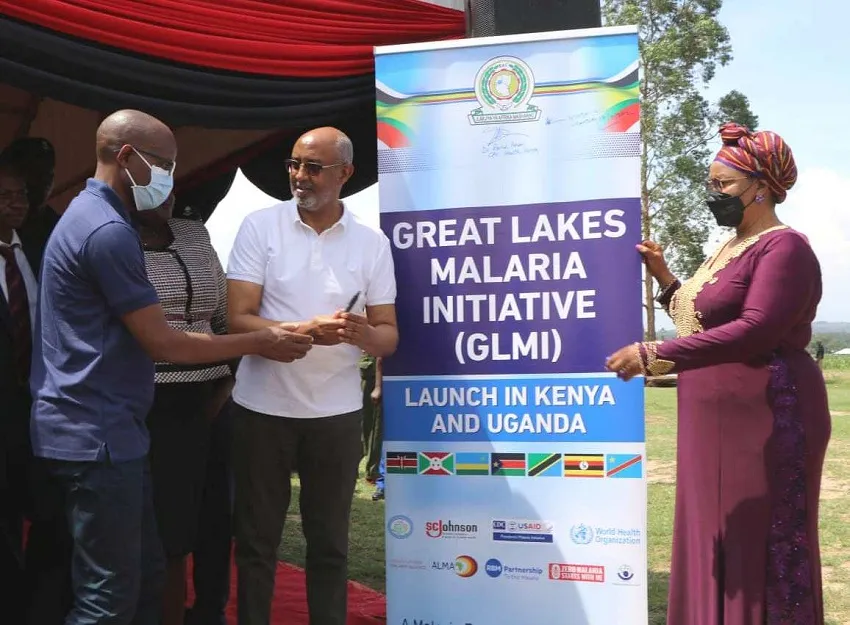International Day to End Obstetric Fistula Statement, 23 May 2021
Tuesday, 25 May, 2021

Obstetric fistula (OF) is a devastating childbirth-related disability affecting mainly poor women in low resource regions. Often, women develop this debilitating condition as a result of poor management or lack of management during labour. The women are ostracized by their families and communities due to the resultant smell from dribbling urine and/or leakage of stool. Though the prevalence of obstetric fistula is not well known, it is estimated that two million women in sub-Saharan Africa and Asia live with this condition and this number grows by 50,000 to 100, 000 each year (World health organization, 2018).
This year’s theme “Women’s rights are human rights! End fistula now” was a reminder that OF is preventable. OF is the hallmark of health system failure and an absolute denial of a woman’s human right to health and dignity and a failure by society. The Sustainable Development Goals (SDGs) and the promise of the Beijing Declaration and Platform for Action as well as the Programme of Action of the International Conference on Population and Development cannot be achieved without ending OF. Preventing OF means addressing the root causes of maternal mortality and morbidity, including poverty, marginalization, gender and sociocultural inequality, low literacy levels for girls, child marriage and adolescent pregnancy. Health-care costs can be prohibitive and catastrophic for poor families, especially when complications occur. These factors contribute to the three categories of delay that impede women’s access to health care: (a) delay in seeking care; (b) delay in arriving at a health-care facility; and (c) delay in receiving appropriate and high-quality care once at the facility. Many countries in the Sub-Sahara Africa are in dire need of medical personnel trained in Obstetric Fistula (OF) prevention, care and treatment. Kenya for example, has a capacity for repair of less than 50%; with costs ranging between US$180 to US$1,850 for a single surgical repair.
Amref’s Approach in Fighting Obstetric Fistula
Amref Health Africa (Amref) has been at the forefront of advocating for, coordinating, and implementing Obstetric Fistula (OF) prevention and management efforts at the regional, national and sub-national levels. We work with different stakeholders in partnership with the Ministries of Health (MOH) and sub-national governments to ensure a holistic approach in our prevention and treatment efforts. We have maternal health programs that are critical in OF prevention in all our countries of operation; South Sudan, Ethiopia, Uganda, Kenya Senegal, Tanzania, Zambia, and Malawi.
Below is a summary of what we do;
1. Addressing social determinants of health. We use a holistic approach of the health system strengthening throughout the continuum of care. We work with other stakeholders to address the socio-determinants of health such as economic empowerment and education of girls. We leverage our anti-Female Genital Mutilation (FGM) centre of excellence to deal with the root causes of OF such as child marriages and FGM.
2. Community engagement and re-integration. We build the capacity of communities to deal with the first and second delays, as well as to enhance the re-integration of the survivors. Through fistula awareness campaigns, we have reached millions of people with relevant information on the prevention of OF as well as the re-integration of survivors. We sensitize communities on the causes of fistula to address stigma, encourage them to seek timely maternal health services as a preventive measure, recognition of fistula, and encouraging those living with the condition to seek care. We empower survivors to build income-generating activities and to network with other survivors and community members for effective reintegration.
3. Capacity building to strengthen the quality of care for prevention and management of OF. To deal with the third delay, capacity building for the front-line health workers and for the managers ensures the community members receive quality care once they get to the facilities.
Training of health care workers and offering free services
· Specialist outreaches to promote access to repair services for the most disadvantaged clients; a free camp has been organised at Kenyatta national hospital, Nairobi as we commemorate this day.
· Maternal health projects where lower-level facilities are equipped and providers trained to provide quality maternal care thereby preventing fistulae.
· Over the years we have trained thousands of medical professionals across Sub-Saharan Africa including; Anesthetist, scrub nurses, Surgeons, Obstetricians, Assistant Medical Officers and Clinical officers to provide surgical repairs of OF. Nurses to provide pre and post-operative care of fistula patients, and to provide emergency obstetric care for the prevention of OF.
Equipping hospitals;
We have supported facilities with specialized equipment for the repair of fistulae and for quality obstetric care
Promoting enabling environment through advocacy and policy documents;
Amref works with other stakeholders to advocate for Sexual and Reproductive Health and Rights to empower women and girls to have access to quality care including family planning services. We support governments to develop policy documents to enhance OF prevention and management. For example; Amref in South Sudan was a major contributor to the development of the National Obstetric Fistula Strategy 2019-2013 and the National Obstetric Fistula Implementation plan 2019-2023. In May 2019, Amref Health Africa in collaboration with the MoH and through UNFPA funding; led the development of a Female Genital Fistula Training Manual For Health Workers and the National Strategic Framework on Female Genital Fistula, Kenya; Towards a Fistula Free Nation, and organised a launch presided by Kenya’s first lady, Her Excellency Mrs. Margaret Kenyatta.
Call to Action
Women deserve dignity. They have a right to safe delivery. Amref Health Africa will continue playing its role to ensure this. We call upon African governments to take up their role and put systems and resources in place to prevent and manage obstetric fistula as a way of ensuring women’s right to health.







